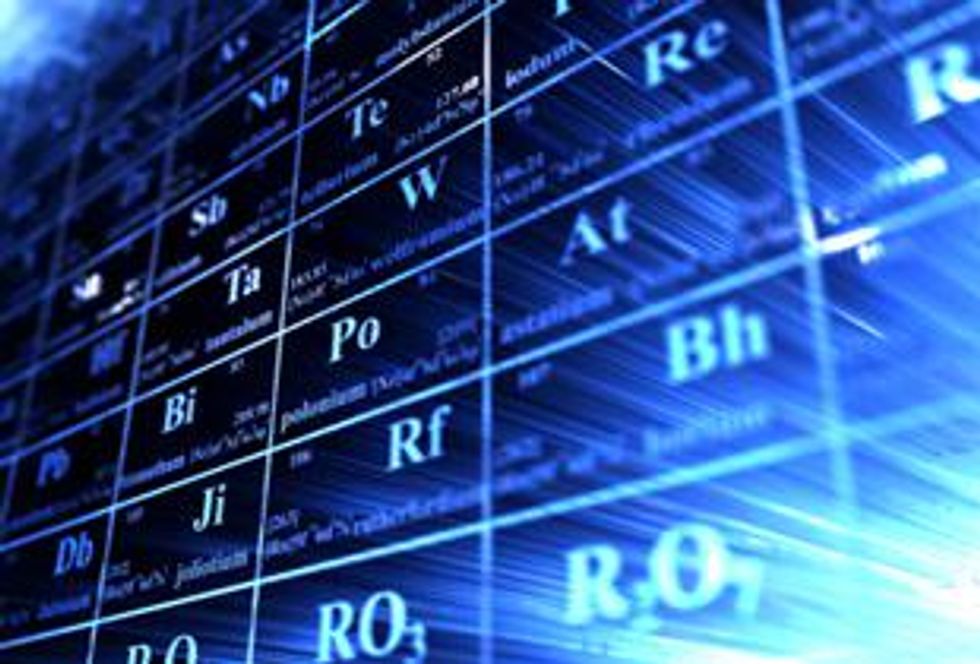Demand for REEs is growing as they are increasingly needed in emerging technologies, and not every nation has access to an ample supply. Although these countries are performing due diligence by developing alternatives, there are seldom substitutes readily available that can achieve the same level of performance as REEs.
By Damon van der Linde – Exclusive to Rare Earth Investing News
Demand for rare earth elements (REEs) is growing as they are increasingly needed in emerging technologies, and not every nation has access to an ample supply. According to the recent U.S. Geological Survey, China produces 95 percent of the world’s rare earth elements, and is beginning to enforce tight export quotas in order to maintain their own consumption. In fact, the Chinese government is now suggesting that it may need to start importing REEs in the near future. All this is leaving many countries worried about the possibility that they will experience a shortage in the future, prompting investment in research and development on the use of alternative materials to achieve the same functionality instead of the more “obscure” REEs.“Countries like South Korea, Japan and the Europeans who see they have a [REE] dependency may run into a physical shortfall where no price in the world will actually deliver it,” said John Kaiser, an analyst and author of the website Kaiser Bottom Fish, specializing in high risk securities with an emphasis on the resource sector. “The practical thing is to look at how this can be done without requiring these materials. So they have to invest the money in substitute technologies because it’s the prudent thing to do.”
But, Kaiser says, though these countries are performing due diligence by developing alternatives, there are seldom substitutes readily available that can achieve the same level of performance as REEs.
“It takes a long time to come up with a substitute and commercialize it and most of the time it’s not as good,” said Kaiser. “Besides, in five or six years from now, by the time we have substitutes in place, they could have an oversupply of REEs and other critical metals, so that they can use the metals best suited for the functionality. If the REEs then came into existence, unless there had been a fabulous breakthrough, they would just ditch it and go right back to using the REEs.”
There is no doubt that the global production trends for REEs have changed in the past 20 years as demand continues to grow and countries focus on control of these Critical Materials into the future.
“One of the things that’s happening in these resource rich countries is that they are finding themselves being relied on more and more for raw material production, so now they are insisting they want downstream beneficiation on our their soil,” said Kaiser. “When you’re a critical metal user you have to start becoming an expert in domestic politics all around the world because you don’t know where problems are going to develop.”
Kaiser emphasizes that strategic planning is needed to ensure a future supply of REEs by continuing to make investments today, as mines usually require four to six years of development before they are fully operational. Ultimately, Kaiser says that these strategies can happen if there is more control of production from the mine to the end-users, or at least a significant amount of communication and cooperation that has not existed in the past.
“The key thing that needs to happen now is that the end users need to start factoring opportunity costs into their calculus as to what it really costs,” said Kaiser. “One of the problems that underlies this mess that we are in is the ideology of the past 20 years; the celebration of global markets that encouraged companies to engage in just-in-time procurement strategies where they did not look upstream of the supply channel to where it’s [raw materials] actually coming from.”
